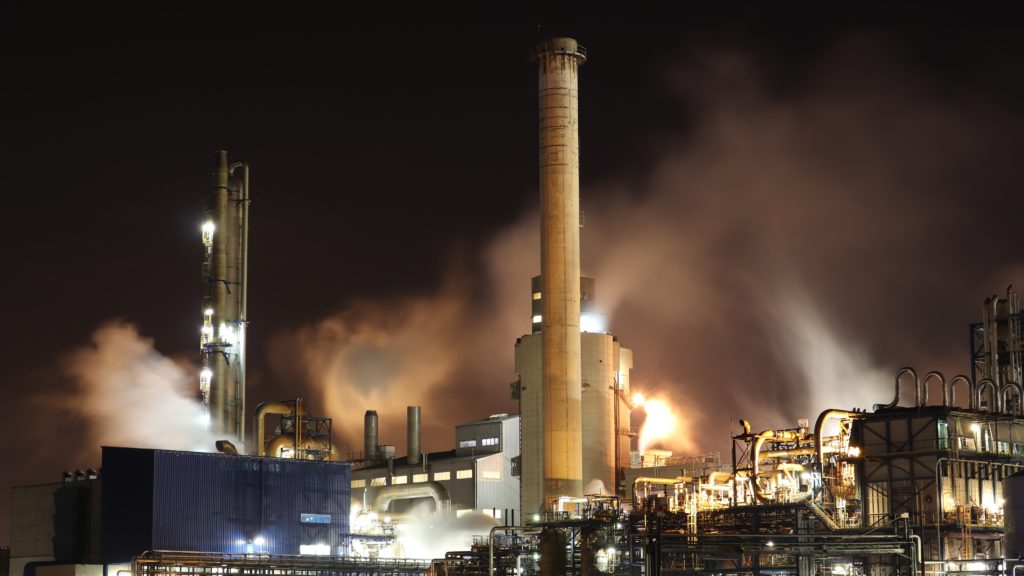On April 4, the Intergovernmental Panel on Climate Change released its latest report — this time covering not the scientific basis for climate change and how it will impact us, but instead what we can do to stop it.
One of the most controversial items that is expected to be included in the budget is a new $50-billion tax credit for carbon capture, utilization and storage .
And what do we have to show for it? It is telling that in their opinion piece, Wilkinson and Guilbeault make no mention of Shell’s Quest CCUS facility in Alberta — a “flagship” project that received $120 million in federal handouts.
Western Australia is home to the Gorgon project, which has the largest operational CCUS facility in the world that does not involve enhanced oil recovery, and is a centrepiece of industry-sponsored public relations material on CCUS.
From an emissions prevention standpoint, Gorgon is a colossal failure.
This is also now happening in Canada; the promise of CCUS is allowing oil and gas producers to keep a business-as-usual approach to production and expansion.
There is very little that the West Australian government can to meet its obligations.
The fossil fuel industry and its promoters maintain that the insurmountable problems with CCUS are purely technical or economic and can be overcome with more large injections of public money.
The past year has hammered home the harsh reality of climate disruption for Canadians, with extreme heat, flooding and fires devastating so many communities.
